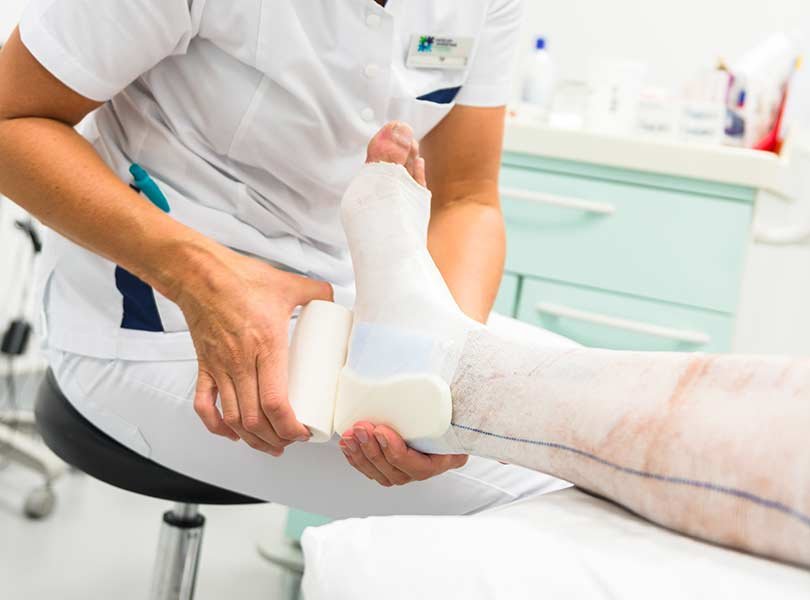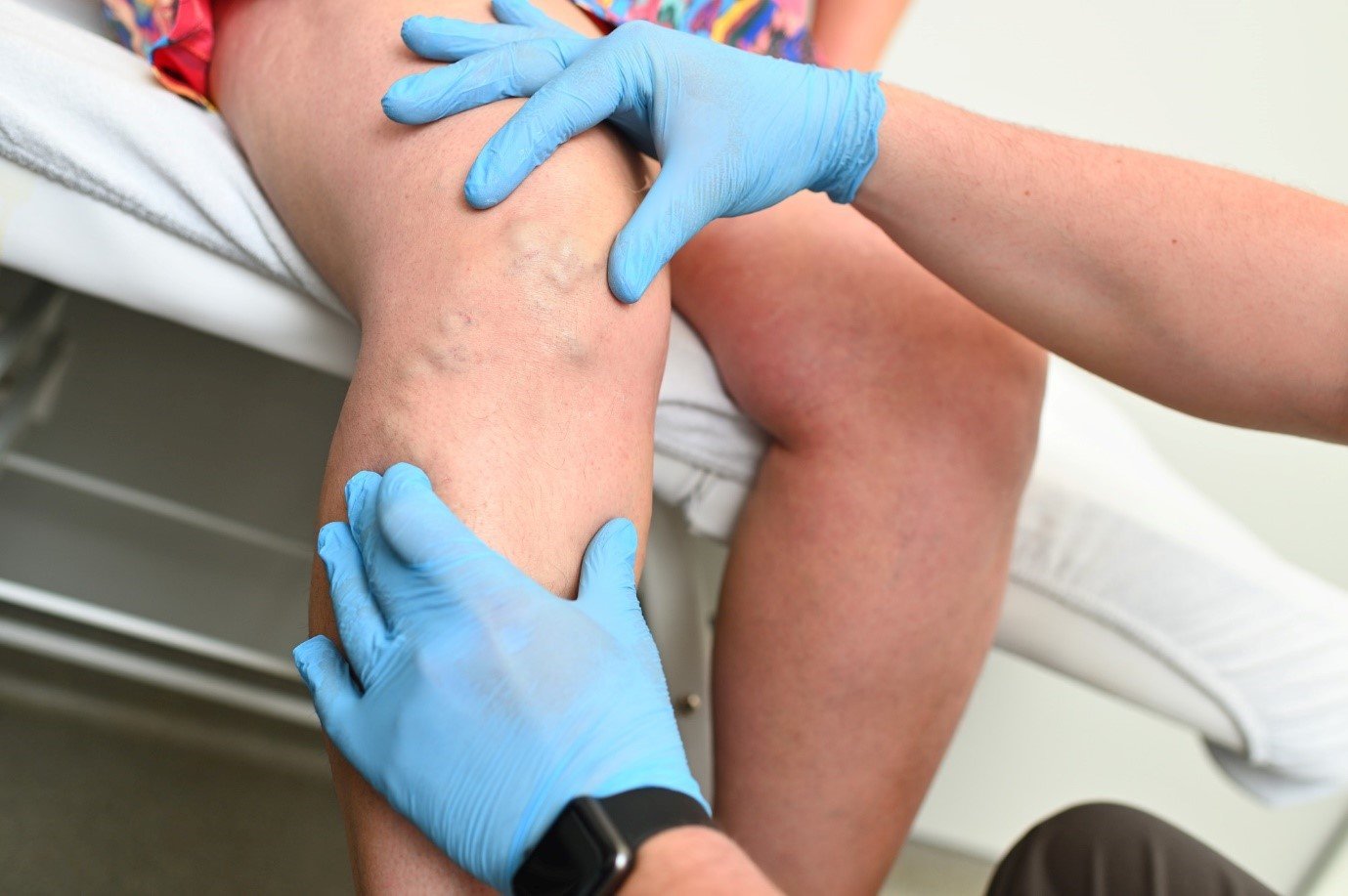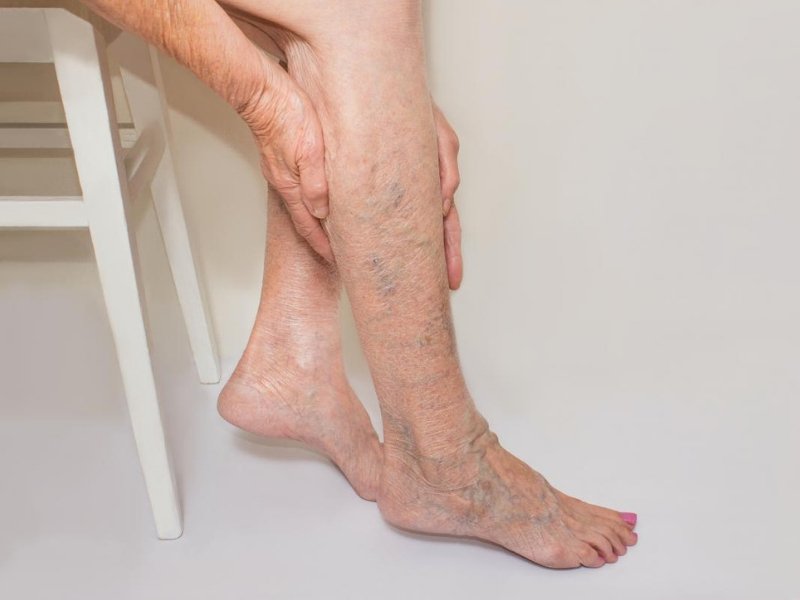Varicose veins are caused by damaged, faulty one-way valves within the leg vein. Normally, these valves are responsible for aiding the circulation of blood back to the heart. With varicose veins, the defective valves cause the blood to leak backwards resulting in pooling of blood and excessive pressure in the leg veins. This not only causes the unsightly appearance that concerns many people affected with varicose veins but also makes it difficult to circulate blood back to the heart.
When it comes to vein health, your genes play an important role. If your parents or even grandparents have varicose veins there is a 90 percent chance that you will develop this condition as well. Varicose veins affect adults of all ages but tend to be more common in older adults and affect women more than men. Moreover, they can affect your mobility and reduce your quality of life.
Some common symptoms are:
-
- An achy or heavy feeling in the leg
- Leg pain and/or discomfort
- Leg throbbing, fatigue or cramps
- Ankle or leg swelling
- Restlessness of leg
- Itching or burning sensation in the leg
If left untreated, more serious complications can include:
-
- Deep Vein Thrombosis (DVT) “blood clots”
- Skin ulcers “leg or ankle sores”
- Permanent skin thickening and/or discoloration
- Chronic leg swelling
- Phlebitis “inflamed veins”
- Superficial thrombophlebitis “vein inflammation with blood clots”
- Eczema
- Can they be prevented?
- Compression stockings—socks that are loose at the feet and compress the leg from the ankle upwards, preventing blood from flowing the wrong way—are the first line of treatment for varicose veins. However, they are certainly not guaranteed to prevent them from forming. Being overweight has also been suggested as a risk factor for varicose vein development. Maintaining a healthy diet and exercise can be helpful.
Are there home remedies that work?
There are plenty of websites that promote a variety of home remedies for varicose veins, but there is not much research to back up most of those claims. While most of the home remedies are unlikely to be harmful, it is always best to discuss them with your doctor before trying them out.
Unfortunately, there is no way to prevent varicose veins. However, compression stockings along with physical activity and diet can help slow the disease progression. For temporary relief of symptoms, wearing compression stockings, elevating your legs, avoiding prolonged standing/sitting, losing weight and exercising can help. When at-home, conservative treatment
fails there are medical treatments available to treat the underlying cause, restoring your circulation and alleviating your symptoms.
Surgical Vein Stripping is now an office-based, minimally-invasive procedure with little to no downtime. Today, treatment options include Endo-Venous Laser Ablation (EVLA), Radio-Frequency Ablation (RFA), Venaseal, Clarivein, Sclerotherapy, and Micro-Phlebectomy. Now, treatments typically take 30 – 60 minutes and are covered by most health insurances, including Medicare and Medicaid.




